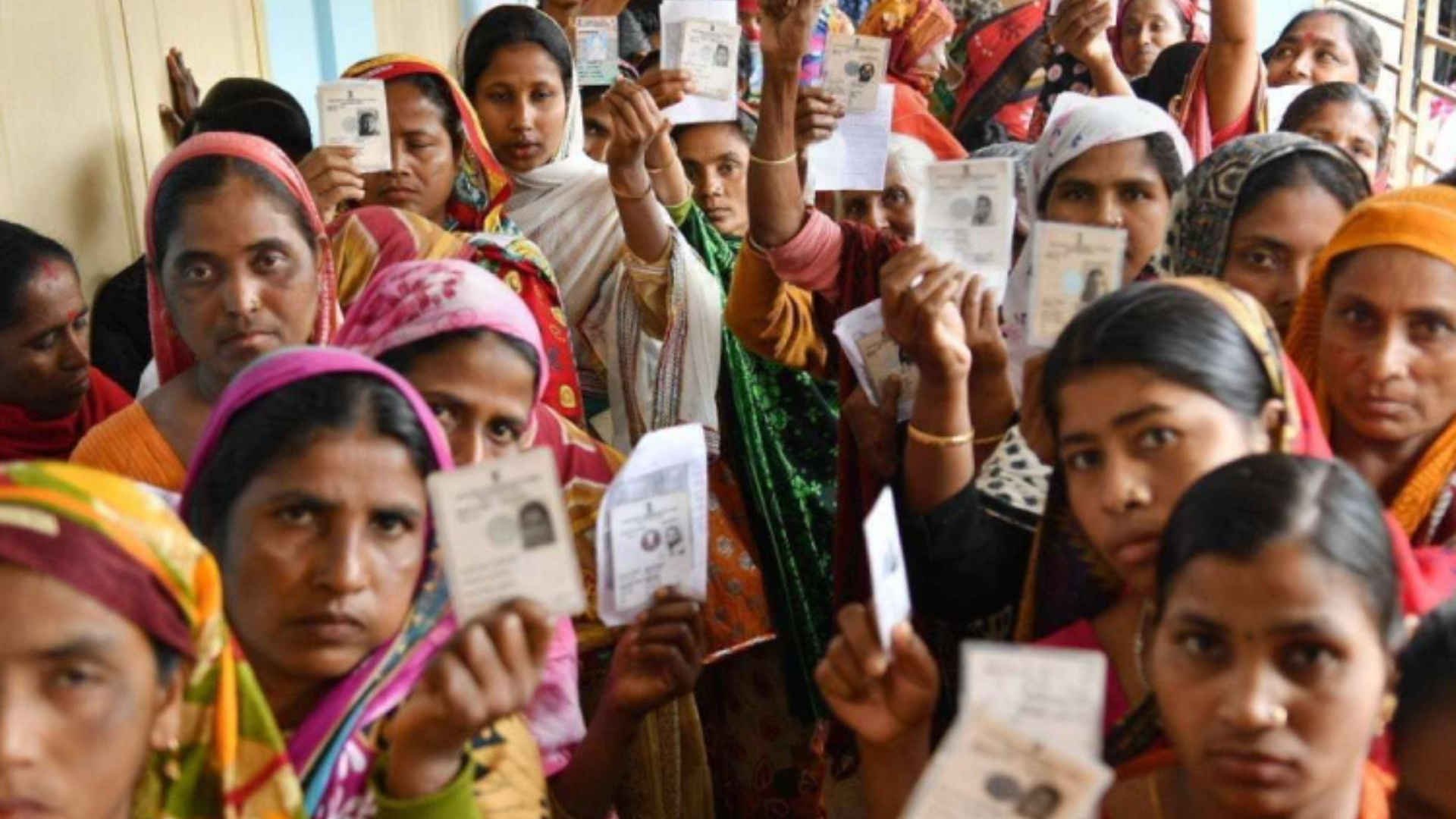










India Inc. is leading charge to use the National Carbon Market to address climate change, with 92 Indian corporations joining the Science Based Targets Initiative (SBTi).
On the occasion of India’s 75th Independence Day, Prime Minister Modi stressed from Red Fort’s ramparts that by 2030, India’s economy will have reduced its intensity of greenhouse gas emissions by 45% from that of 2005.
According to Prarthana Borah, CDP India Director, country is anticipating another reform for the creation of a Local Carbon Market where companies who have set and validated their targets can leverage their early planning toward Net Zero in order to speed up the process of achieving net zero and ongoing changes at the policy level by various government bodies.
Bureau of Energy Efficiency’s (BEE) and Ministry of Power’s (MoP) draught National Carbon Market Plan for India makes it abundantly clear that companies adhering to CDP and the Science Based Targets Initiative (SBTi) are crucial players in Phase 1 of raising demand for the voluntary carbon market (VCM).
With more businesses committing to net zero and establishing ambitious goals like SBTs, the prospect for a national carbon market where these businesses take the lead in addressing climate change is particularly pertinent. These businesses’ concentrated efforts to cut their emissions and use the mechanisms of the carbon market to balance the remaining emissions can establish a cogent strategy that lays the groundwork for a future India climate change roadmap.
India is now leading among emerging economies, with a total of 92 Indian enterprises having committed to SBTi and 41 companies having had their aims certified by SBTi as of July 2022.










